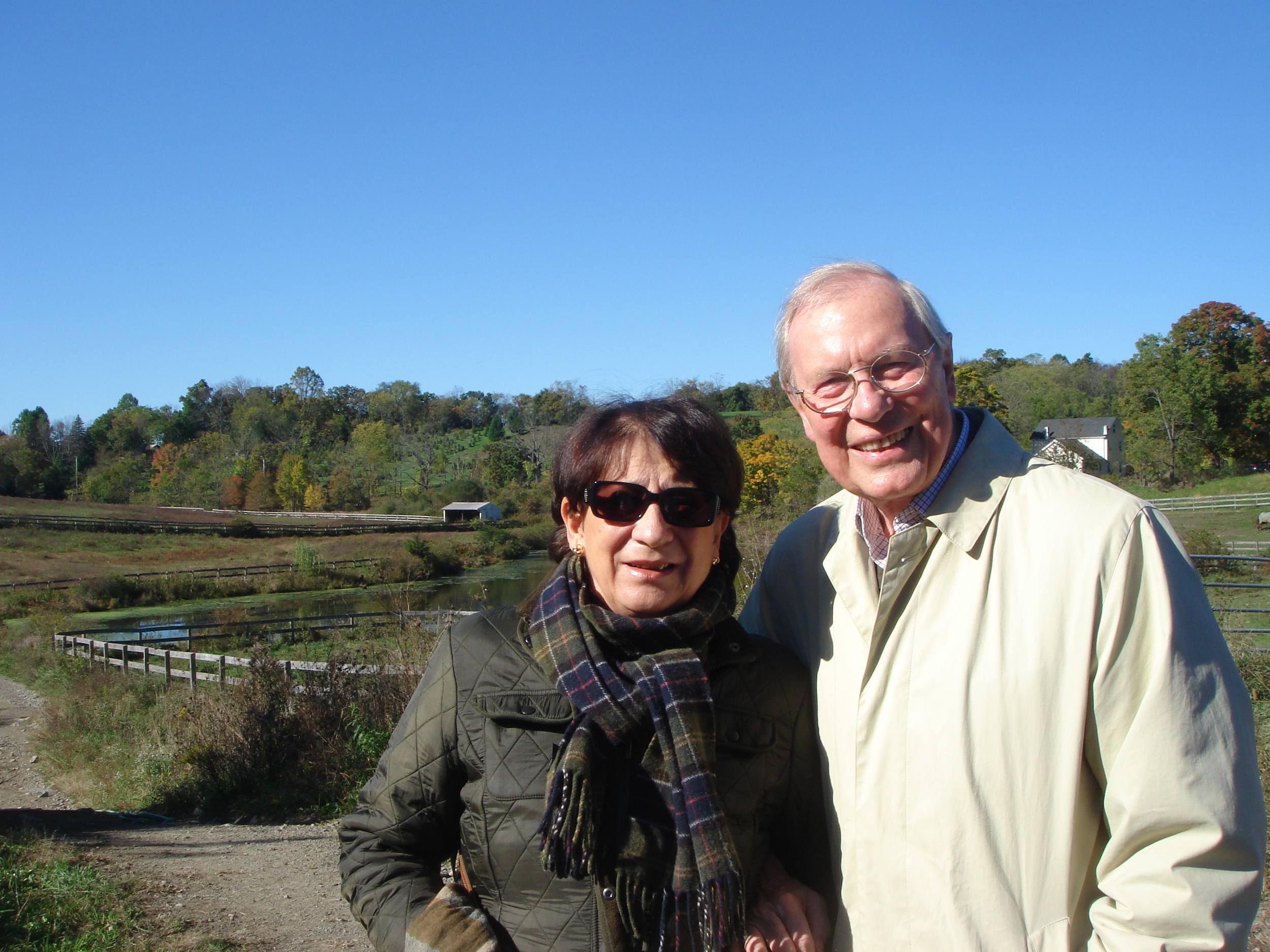There is a yoga studio on every corner and everyone seems to be dabbling in meditation these days. The NY Times recently reported on mindfulness's ubiquity. It must be a sign of growing awareness in all of us (I am hopeful). I have dabbled in meditation - on and off - for many years. Nonetheless I struggle with it and sometimes think it is overrated (oh well, many ways lead to Rome). I love guided meditations (there I'm off the hook) but I don't seem to have the willpower to make solo meditation a regular practice and I am probably not alone.
Mindfulness is my thing and it is not so different from meditation and how it trains your mind. Mindfulness is simply intense monotasking, sometimes I also call it Deep Living. We can practice mindfulness with just about anything and we do. Practicing yoga, Taekwondo or any other sport can become a moving meditation when you keep to the task (being in the moment) instead of trying to remember your shopping list or that you have to pick your child up at daycare at 5PM. Chopping vegetables and cooking can be a meditation in action - that's my favorite one. I find it very relaxing and grounding to stand in the kitchen at the end of the day and just chop away and stir and taste (perhaps have a sip of wine) and concoct - it comes very easily to me and I don't think of anything else during that time (I'm in the zone).
Try doing something you like doing with relaxed concentration (no fierce determination here). It's actual not that easy because we need to remind ourselves to let other thoughts float through without hanging on to them and letting ourselves be carried away and off task. Just like meditation mindfulness requires a mental effort to stay with the task. You could be washing the dishes, or driving, or brushing your teeth, or composing a report in mindfulness. Anything done mindfully with deep focus is done better, deeper, with more meaning and quality. Getting a task done "in order to get it done" is the exact opposite. You will not find meaning in it and the task will not get done as well. Having your cellphone next to you in anticipation of the next ding and distraction won't do either. Thich Nhat Hanh famously described how to eat a tangerine mindfully in his classic 1975 book The Miracle of Mindfulness.
Why not pick a task now, any task you are about to undertake, and do it mindfully? Try it.
Please also visit related previous posts on "Now" and "Just Being."



